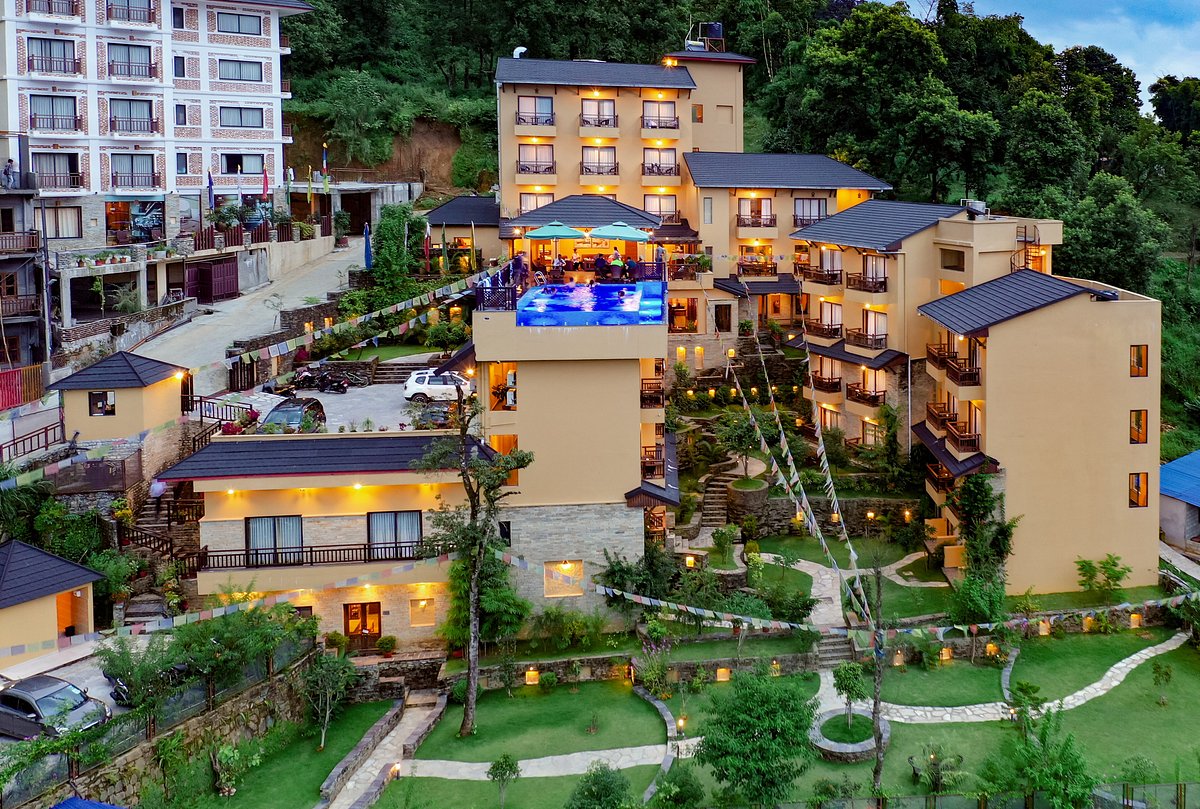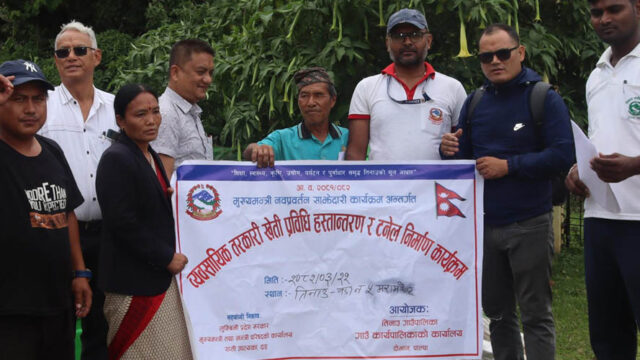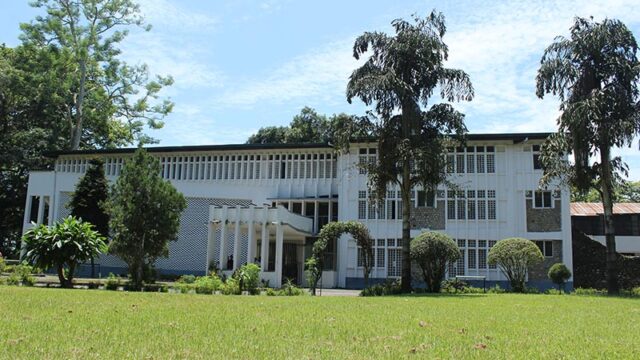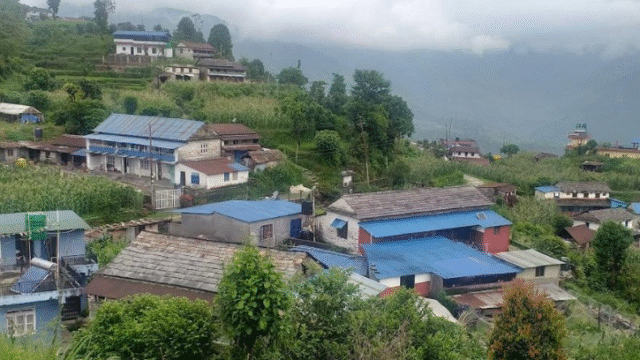As Nepal’s tourism industry flourishes, a growing number of hotels and resorts are embracing sustainability and eco-friendly practices. From the lush landscapes of the Annapurna region to the serene beauty of the Terai, these establishments are leading the way in green tourism. This article explores how various hotels and resorts across Nepal are adopting innovative practices to reduce their environmental impact and promote sustainable travel.
Gosaikunda Eco-Lodge
Nestled in the Annapurna region, Gosaikunda Eco-Lodge is a prime example of sustainable tourism. This lodge emphasizes the use of renewable energy sources, such as solar panels, to power its operations.
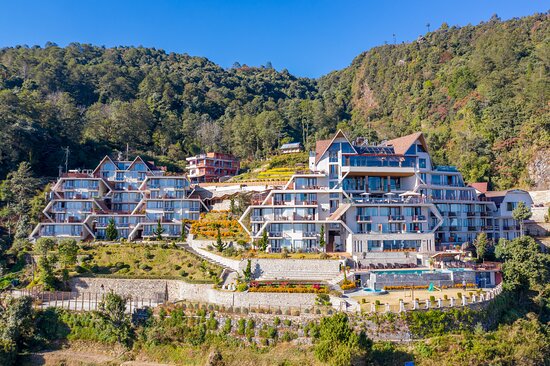
Water conservation is also a key focus, with rainwater harvesting systems and water-efficient fixtures in place. The lodge promotes waste reduction through recycling and composting and supports local communities by sourcing food and materials from nearby farms.
Tiger Mountain Pokhara Lodge
Tiger Mountain Pokhara Lodge combines luxury with eco-consciousness. The lodge’s design incorporates local materials and traditional architecture, minimizing its carbon footprint.
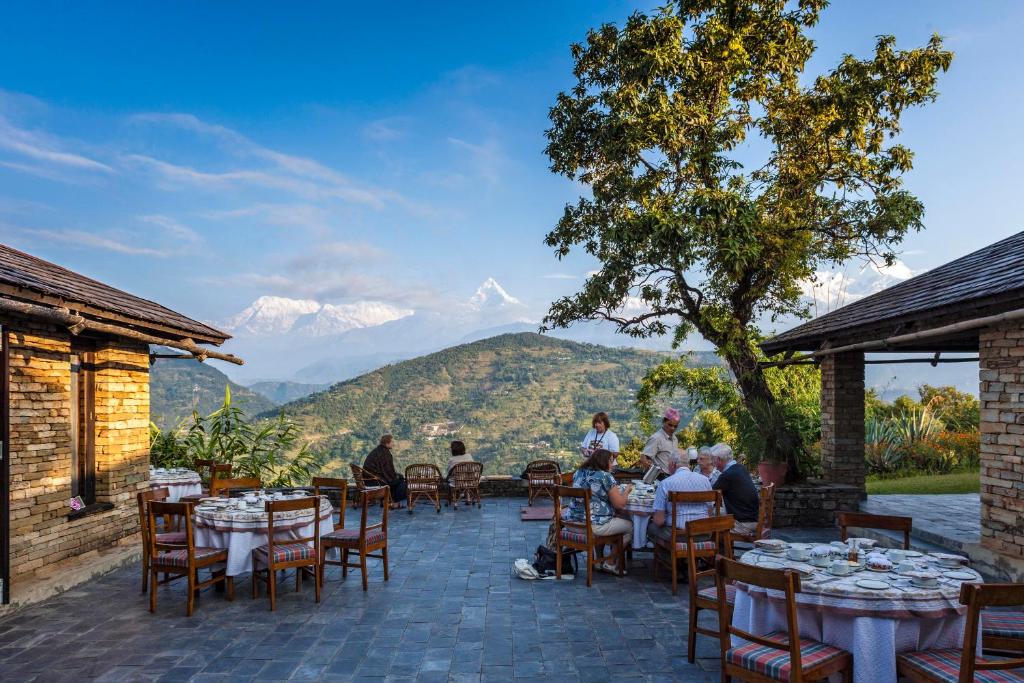
It employs an efficient waste management system and uses organic farming methods to grow its produce. The lodge also participates in community-based conservation projects, helping to protect local wildlife and preserve natural habitats.
Hotel Shanker
Located in the heart of Kathmandu, Hotel Shanker is a historic hotel that has embraced modern sustainability practices. The hotel has implemented energy-saving measures, including LED lighting and energy-efficient heating and cooling systems.

It also focuses on reducing plastic waste by providing guests with reusable water bottles and minimizing single-use plastics. Additionally, Hotel Shanker has launched a green roof initiative, which helps to improve air quality and reduce heat island effects.
The Everest Hotel
The Everest Hotel is committed to promoting eco-friendly practices within the bustling city of Kathmandu. The hotel uses a state-of-the-art wastewater treatment system to ensure that all wastewater is recycled and reused.

It also supports sustainable transportation by offering bike rentals and encouraging guests to use public transportation. The Everest Hotel is actively involved in local environmental conservation efforts, including tree planting and park clean-ups.
Bardia National Park Lodge
In the Terai region, Bardia National Park Lodge stands out for its dedication to wildlife conservation and eco-friendly tourism. The lodge is situated close to Bardia National Park and works closely with local communities to promote wildlife protection.
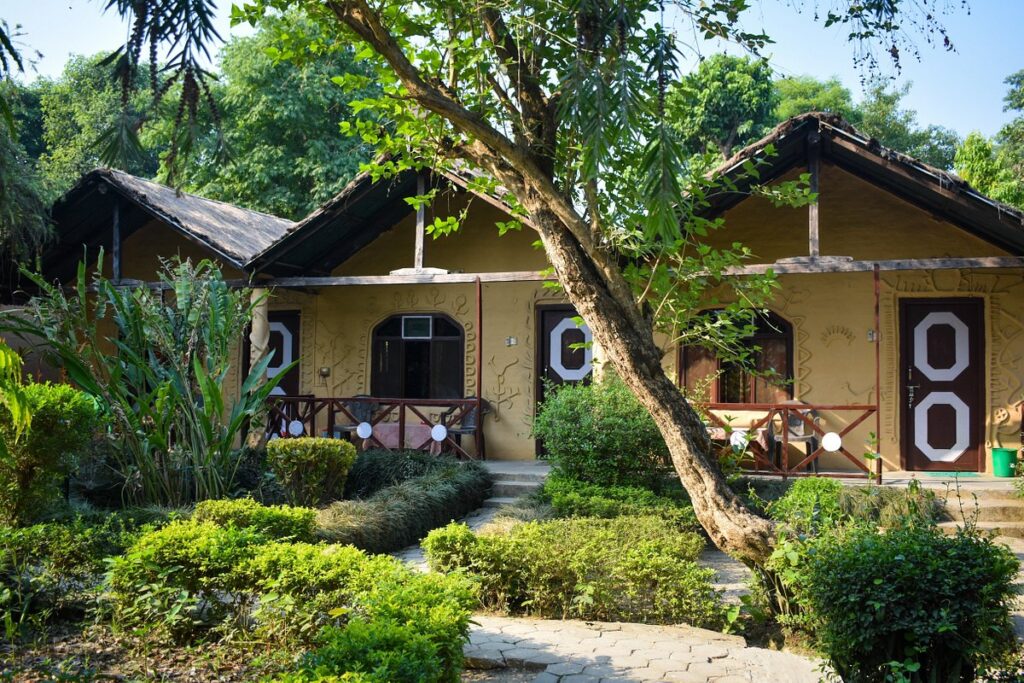
It employs sustainable practices such as using solar energy, managing waste responsibly, and conserving water. The lodge also supports community development projects, including education and healthcare initiatives.
Tiger Tops Tharu Lodge
Tiger Tops Tharu Lodge is another eco-conscious establishment in the Terai region. The lodge focuses on reducing its environmental impact by implementing energy-efficient technologies and using locally sourced materials.

It offers guided eco-tours and wildlife safaris, educating visitors about the importance of conservation. The lodge also contributes to local development by providing employment opportunities and supporting community-based projects.
Everest View Hotel
Perched high in the Himalayas, Everest View Hotel is renowned for its commitment to environmental sustainability. The hotel uses solar power for its energy needs and has implemented waste reduction measures, including composting and recycling.
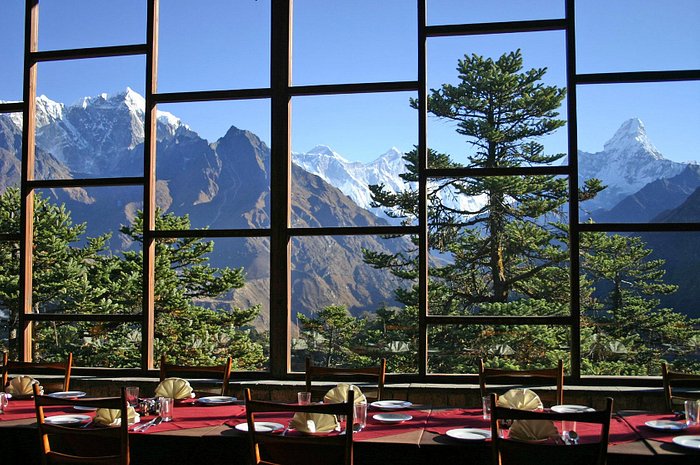
To minimize its impact on the fragile high-altitude environment, the hotel carefully manages waste and emphasizes the importance of responsible tourism practices among its guests.
Namche Eco Lodge
Namche Eco Lodge, located in the iconic Everest region, integrates sustainable practices into its operations. The lodge focuses on reducing its carbon footprint through the use of energy-efficient technologies and renewable energy sources.
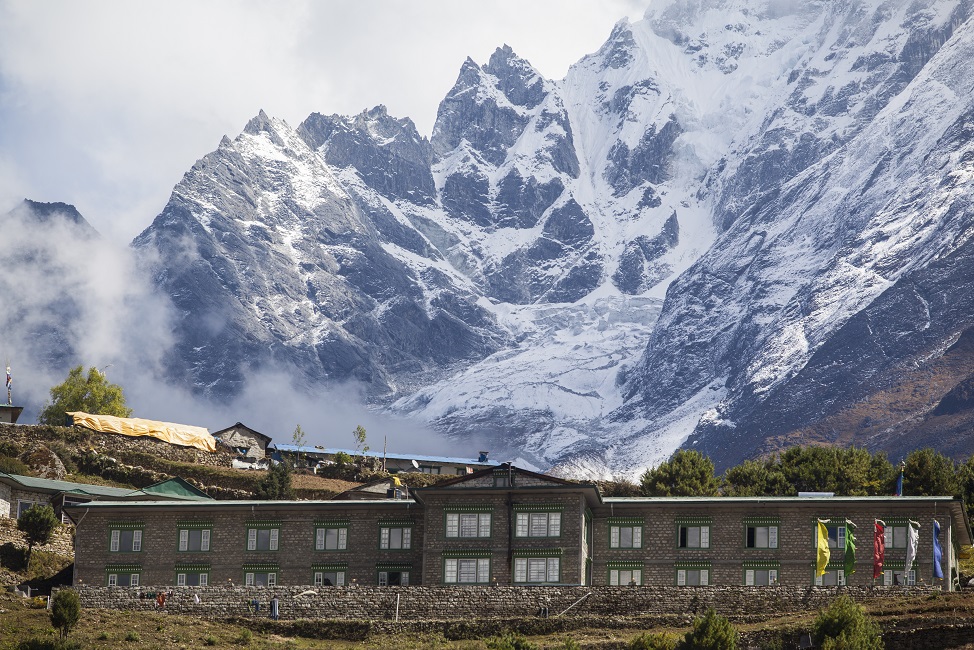
It also promotes waste management and water conservation, with systems in place to treat and recycle wastewater. The lodge actively engages with local communities to support sustainable development and preserve the cultural heritage of the region.
Nepal’s hotels and resorts are increasingly recognizing the importance of sustainability and are taking significant steps to minimize their environmental impact. From the Annapurna region to the Kathmandu Valley, the Terai region, and the Himalayas, these establishments are leading the way in eco-friendly practices. By embracing renewable energy, reducing waste, and supporting local communities, they are setting a standard for responsible tourism and contributing to the preservation of Nepal’s natural beauty for future generations.
